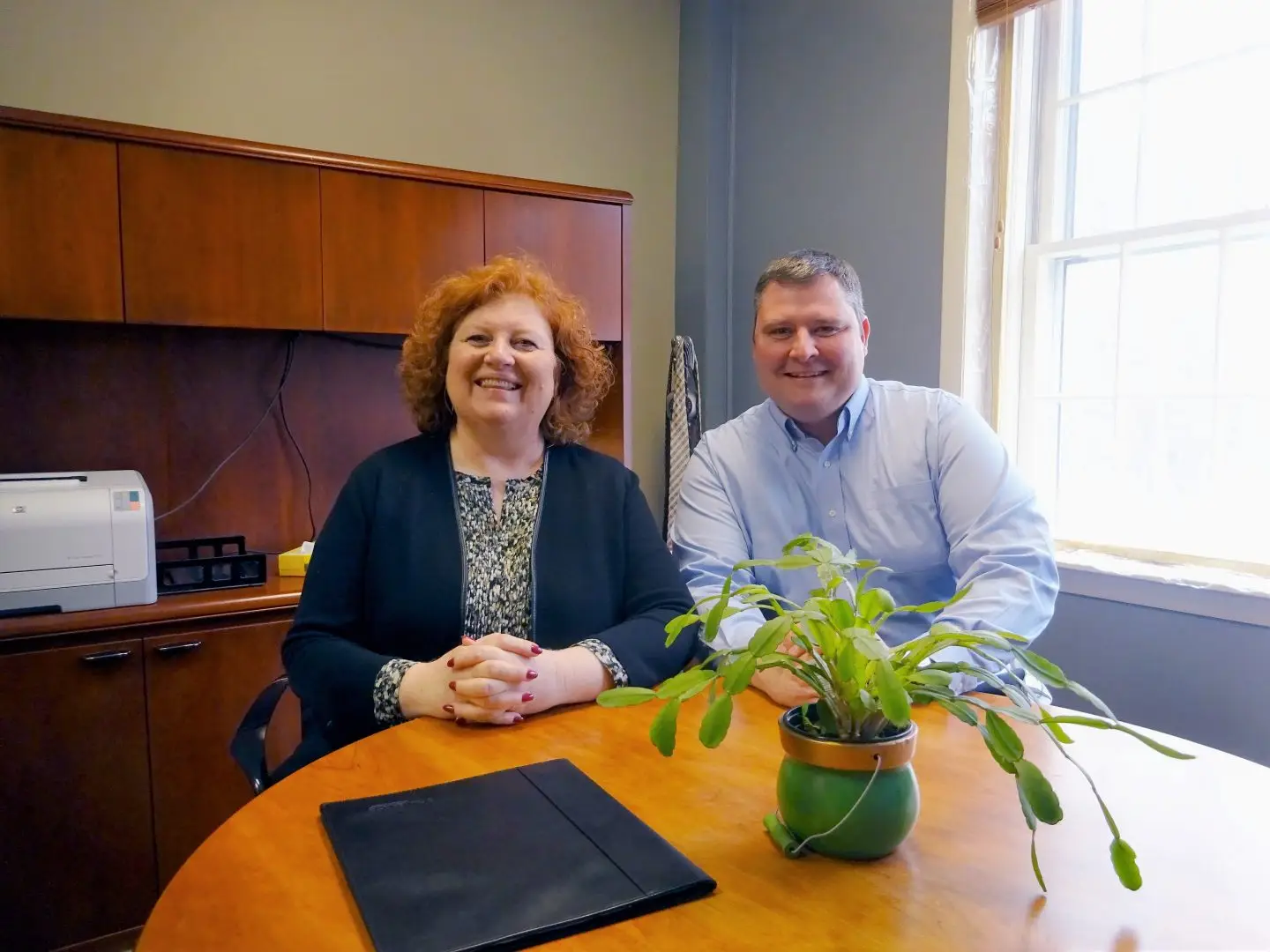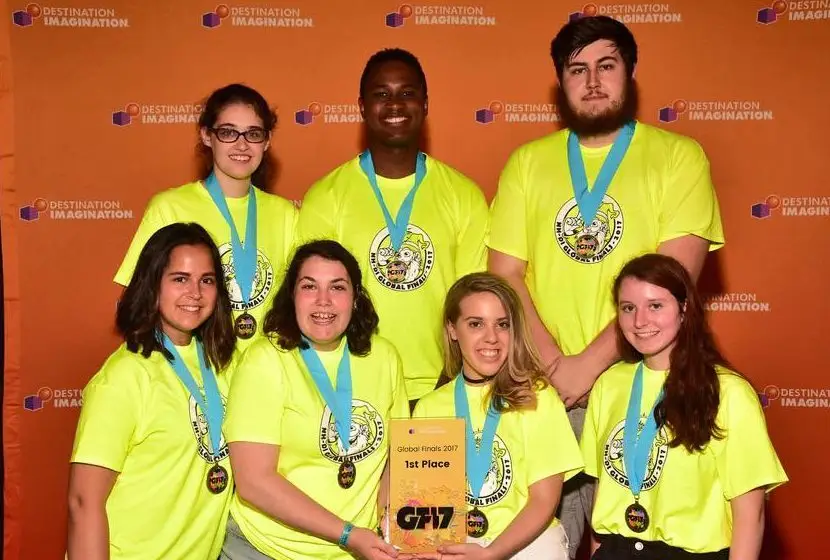Though the end of the semester is just weeks away, the pressure placed on college students is not winding down with the academic year. The time crunch only adds fuel to the already burning fire. While the end may be in sight, it is difficult to step back and breathe, and it can be just as difficult for families, faculty and staff to understand these unique societal expectations placed on college students.
College students today face a wide array of stressors, and these have serious implications on the university campus. According to the National Alliance on Mental Illness, more than 40 percent of college students have felt a more than an average amount of stress within the past 12 months. Also included in this report is that more than 80 percent of college students felt overwhelmed by all they had to do in the past year, and 45 percent have felt things were hopeless.
The stresses and pressures are, in many ways, new and are a product of a changing job and financial market.
No longer can students afford to spend their four undergraduate years attending classes and enjoying a social life. It’s just not enough.
The first reason is that college is expensive, financial aid or not. According to Student Loan Hero, 44.2 million Americans have student loan debt, and the average monthly student loan payment for borrowers between the ages of 20 and 30 is $351. To manage this (often impending) burden, students must also work a part time job, sometimes two.
In addition to working part time, employers are often searching for candidates with professional experience in their fields.
According to 2018 survey data from the National Association of Colleges and Employers, what matters more than a major and grades is whether or not a candidate completed an internship within the organization’s industry. On a five-point scale, the average influence rating of a candidate who has completed an internship in the industry is 4.4, and if the experience was within the employer’s organization, the influence rating goes up to 4.6.
Though some people may be fortunate enough to partake in paid internships, this is rare in some fields.
Between jobs, internships and maintaining a high enough GPA to keep scholarships, students are also often expected to find time to get involved on campus and in the community. According to John D. Foubert and Lauren U. Grainger, who conducted a study on the importance of student involvement in relation to psychological development, “involvement in student organizations has a strong association with psychosocial development, particularly on students’ establishing and clarifying purpose, educational involvement, career planning, life management, and cultural participation.”
All of these pressures and external factors are also juxtaposed against the need and expectation to maintain a social life. Friends and family can often be affected by the stressors of the students in their life, and relationships can become difficult. Yet, it is often these connections that can be the most beneficial during this complicated time.
With all of the added pressures and end of the year fast approaching, it seems easy to be counting away the days until the end of finals, going home or graduation. But it is so important then to recognize the way these pressures affect you and that it is important to dedicate time and effort into positive self-care.
As the year comes to a close, focusing and stepping back when necessary is crucial. Whether it is exercising, reading, spending time with friends or simply setting small goals and trying to notice the positives, the end of the year shouldn’t be only days to count away, but a chance to appreciate each and every one of them.




